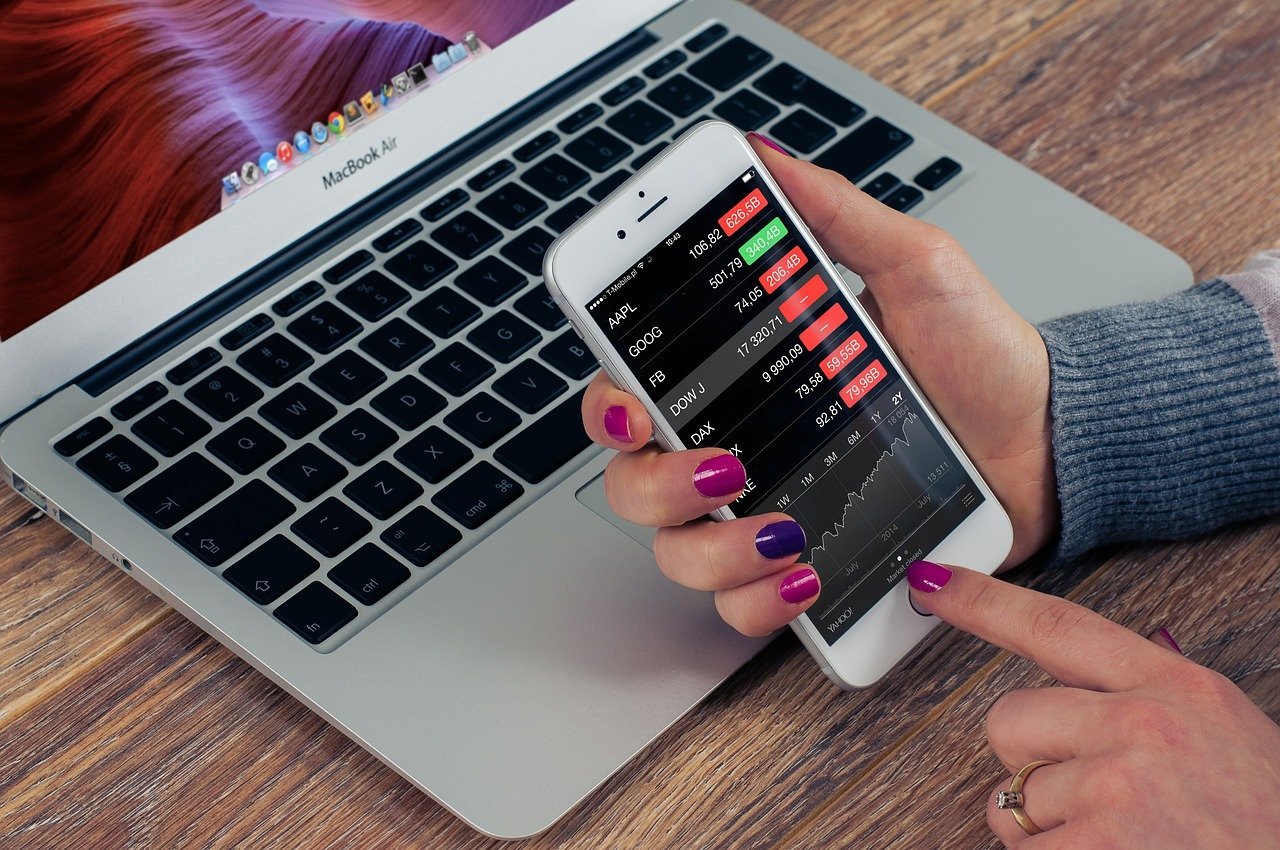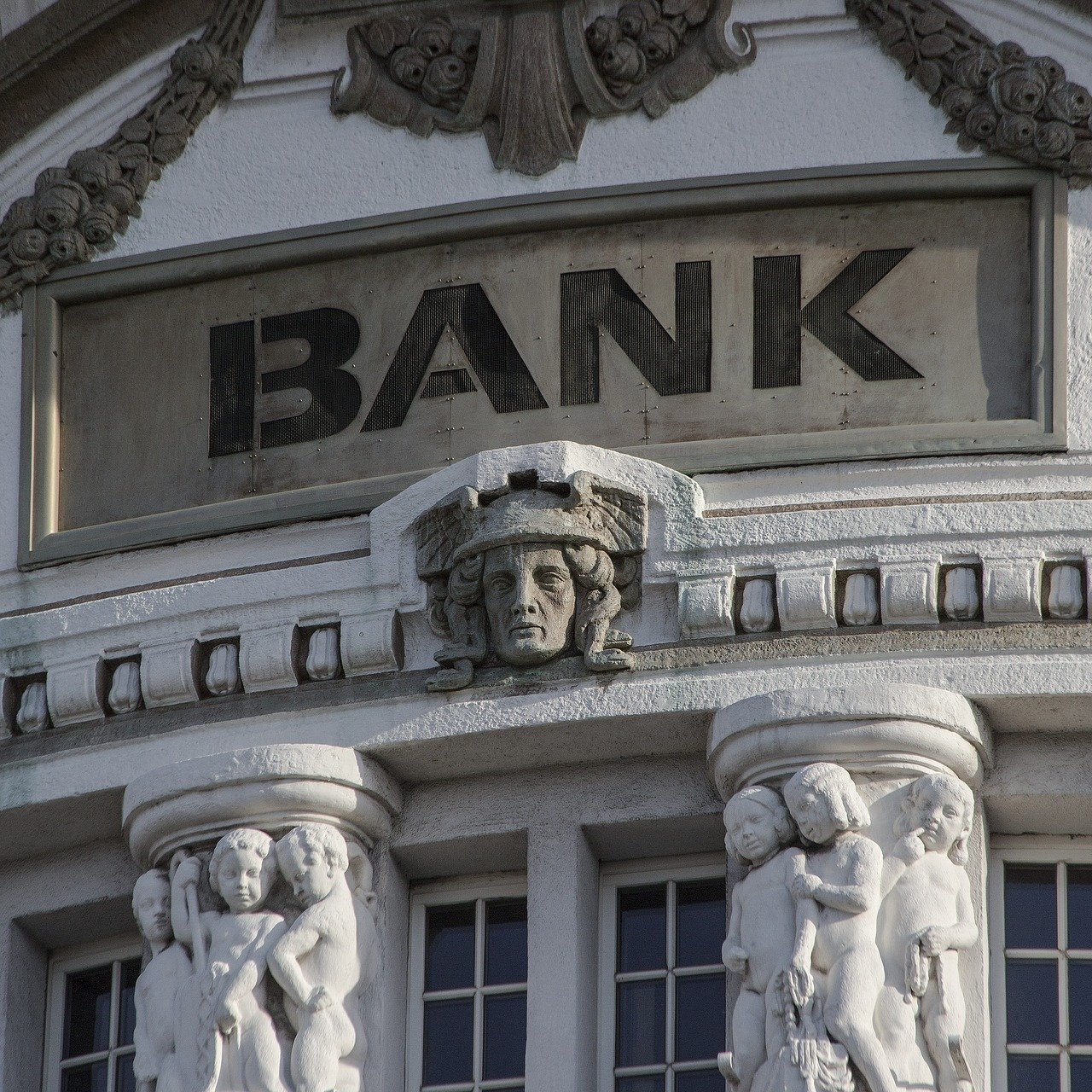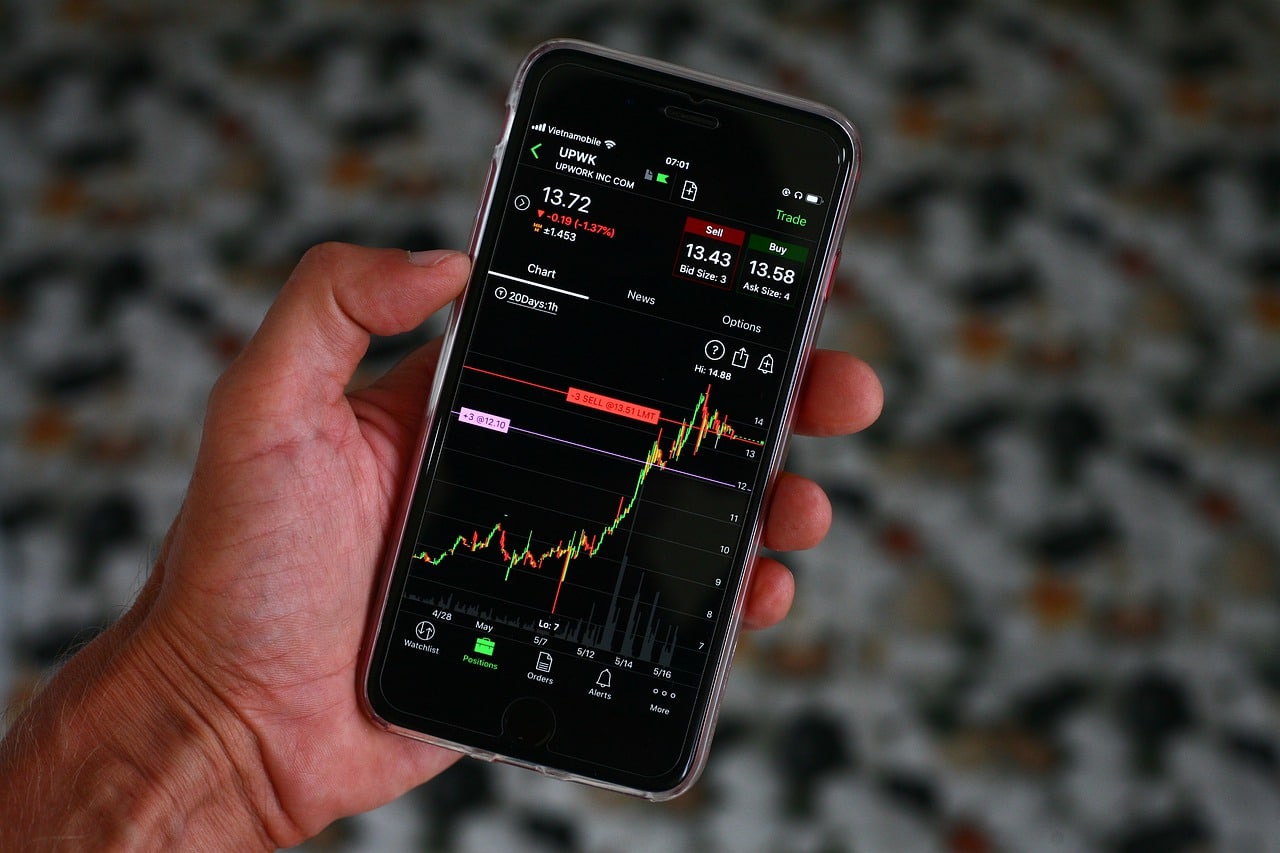The share deposit account
This is a share deposit
As a share beginner it needs first of all certain bases, in order to be able to understand at all something of the matter. Especially in the beginning, it is therefore particularly important to know what a share deposit is. What is a share deposit? This question belongs in any case to the share basics. Without a share depot it is not possible to trade with shares or generally with securities. Here there are then special providers, also called brokers, and also the house banks offer appropriate service. The service and the fees can differ greatly between the providers. Therefore, I will try to explain here in my own words what a share deposit account is and what beginners should pay attention to when choosing one.

What is a stock portfolio?
For those who have not yet had anything to do with the stock market and shares, this question usually comes up right at the beginning. The explanation itself is not even complicated. In order to be able to buy or sell securities at any stock exchange (trading place) at all, it needs a share depot. We state here: Without a share depot no trade with securities is possible. Now of course only the correct offerer for the file depot must be found. And this is where it gets a little more complex. There are many providers for share deposits on the market, and their services, offers and, above all, fees sometimes differ greatly from one another.
Especially on the fees called in each case should be looked closely when choosing the right share deposit provider. Here, basic fees, one-time fees or other fees for individual transactions come into play. Here it depends on how the own strategy looks like in securities trading. Do I only want to trade a little? Do I need savings plans? Do I want to do day trading? Here it really depends on one’s own and must look closely at how the fees are composed in the share portfolio. So do not just believe the advertising, but really sit down in peace and really go through all the fees of the selected provider.

Share deposit definition
The word depository is quite common and is actually just a type of storage. In this case, it would be a storage for one’s securities. Of course, securities do not only include stocks. They also include, for example, funds, ETFs and also bonds. Today, fortunately, securities trading is digitized and so goes above all much easier. But there were also times when a share was really a piece of paper and this piece of paper had to be stored really well after the purchase. Today there is therefore the let’s say “virtual” stock portfolio, where all my securities are deposited and also all transactions are stored by one. So if I buy 100 shares of a company, I don’t have 100 sheets of paper with me and have to keep an eye on them. So everything is digitally filed and stored.
How a share deposit works
How does a stock portfolio actually work? This question also belongs to the basics for share beginners. For me, a stock portfolio can be compared very well with one’s own online banking. On the own account as well as in the share depot all transacted transactions are to be seen after logging in. In the case of a stock portfolio, you can also see how your securities have developed, what they are worth and many other values. So pretty much the same as the own current account, only that other data is displayed. I can then buy and sell securities via the stock portfolio. Depending on the provider, different trading venues are available for this. In a share depot beside money also the securities are booked in and booked out.
Stock portfolio, securities account, deposit account
There are several terms, but they always mean the same thing. It does not concern here thus different account types for a share depot. Each provider has taken there for itself a designation, which probably fits better to actual brand appearance. As already described in the selection pay attention to the service and especially compare the fees incurred with each other.
Online share deposit
Today, a share deposit is managed online. Thus, the owner always has access and that from anywhere (as long as access to the Internet is possible). Therefore, the access at home via the desktop PC is possible and an access on the road with smartphone or tablet is no longer a problem. Here too, however, you have to look at what you want yourself. Not all providers of a share deposit offer an APP, with which can also be traded. Otherwise, it must also be logged in accordingly, as with online banking, so that something can be done. The security requirements can also be different here depending on the provider. So everyone must look for themselves and weigh between security and ease of use.

Fees of a share deposit
Of course, the providers of a share deposit want to earn money for the applications and services provided. Therefore, fees are usually due when transactions are made. However, there are also share depot providers who offer a kind of flat rate for securities trading. Therefore, the following question is not insignificant: What does a stock portfolio cost? Depending on your own strategy, you should always compare the fees charged by the individual stock portfolio providers in advance. Who buys and sells shares a lot and often, would like to have low fees in any case and for which a monthly fixed fee may be the better choice. Especially when trading stocks with little direct monetary investment, the individual transaction fees should be favorable. It makes a difference whether I make a transaction for 100 euros or for 10,000 euros. The fees are usually the same for both examples. In addition, a distinction must also be made between the actual deposit fees and the transaction fees. Many brokers now offer a share deposit without custody fees. So here only the transaction fees are paid. Here, too, compare exactly what suits you and is the cheaper option in the end.
Costs for stock trading
In addition to the actual costs for the share deposit, additional fees may be incurred depending on the security and trading venue. These are the actual transaction costs in the share deposit. These costs include e.g. order costs, commissions, fees, etc. These costs must therefore be considered when trading. So if I want to invest 1,000 euros, I can not really invest these 1,000 euros through these transaction costs. A part of it is deducted for the transaction costs. So, for example, although I buy shares in a company for 1,000 euros, at the end of the transaction I only have shares worth 995 euros. So in this example, there were transaction costs of 5 euros. If these 5 were a fixed constant, it makes a difference whether I invest 100 euros or 1,000 euros.
Depending on the provider, the fees can therefore be fixed per transaction, charged on a percentage basis (e.g. 0.80% per order) or there are also providers with a monthly flat rate. Through these costs, of course, the provider of the share deposit finances itself and I find this also completely legitimate. The provider provides the service and would like to have this of course also paid. As already written, always compare the fees and find the right provider for you.
Stock portfolio security
As with normal online banking, security plays a very important role in a share deposit account. So here it may happen that you have to look closely at what you want. It is sometimes a decision between security and convenience. A click in an app is of course quickly made and also very convenient. But security looks a bit different. Two-factor authentication for every transaction may be a bit of a nuisance, but it is much more secure. So everyone has to decide for themselves what suits them better.

Stock portfolio insolvency (Germany)
Now we come to another very important topic in connection with a share deposit. What if the bank or broker must file for insolvency? Here I would like to write something positive and not spread fear. The already purchased securities remain in your possession. The broker or the bank can not simply claim these securities in the course of insolvency. The broker only manages the securities for you without owning them himself. This is also regulated by law in Germany. In the event of insolvency, your own securities can then be transferred to a provider.
In addition, there may also be cash balances in your own share deposit. Here, too, there is no need to worry, as these assets are protected for private investors by the respective statutory deposit insurance. Many financial institutions are also members of the Deposit Protection Fund of the Association of German Banks. In this case, the deposit protection is much higher than the statutory deposit protection in Germany.

Stock portfolio for beginners
In summary, no securities trading can be carried out without an own share deposit account. Only in the share depot transactions can be administered and appropriate orders be executed. Here the opening hours of the respective trading centers are to be considered. Therefore, also consider the time difference, for example, to a trading center in the USA. Always compare the providers for a stock portfolio in advance. Not only look at the fees, but also the service offered is important. In addition, also look at the security measures once. This costs at the beginning times a little time to compare all this. This time should invest share beginners for the first share depot but in any case.
